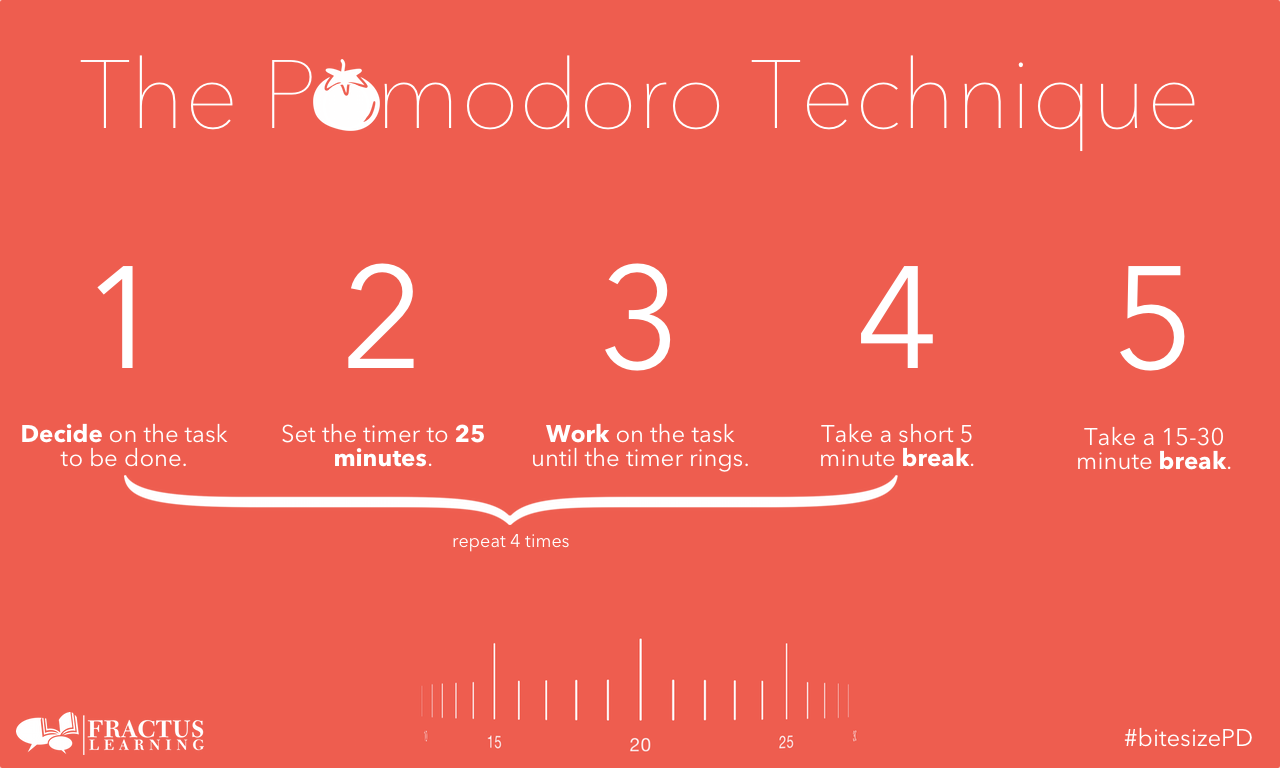One of the best parts of being a faculty member is the interaction with students. Being able to serve as a mentor is what I love the most. While I teach economics, I get more questions about professional development and how to navigate life. This is why my YouTube channel focuses on how to leverage economics to improve your life. The personal aspect is important. This week I tackle a question that my students ask me often:
“How do you avoid procrastinating and get so much done?”
The truth is, it takes time to find out what works for you. I struggled in my 20’s and, through trial and error, eventually found my system. I have found three things that work for me and I detail them in this week’s video. I break them down by why I find the method helpful. The short summary is below, the details are in the video!
WHEN TIME IS TIGHT
I use calendar blocking to help protect my time. I usually apply this method during the semester when demand for my time is high. Watch the video for more details on how I use this approach.
WHEN MY TO-DO LIST IS LONG
If you are navigating school, work, and family functions your task list can get overwhelming. It is anxiety-inducing to look at the to-do list. During those days, I use the Top Three method to help me get ahead. I choose three things, and three things only, to focus on for the day. I use this method in the summer. I use the summer to tackle big projects and sometimes the to-do list gets long. The Top-Three method helps me focus.
WHEN I DON’T FEEL LIKE BEING AN ADULT
What my students do not understand is that we ALL have days where we do not want to do anything but do need to work. First, it is important to recognize that it is normal to feel this way. Second, figure out how you can get started. I use the Pomodoro method. Pick a task, set a 25 minute timer, and start working. After 25 minutes are up. Take a break. Then repeat 3 more times.
FINAL THOUGHTS
When talking about productivity, we often neglect the importance of taking breaks. For longevity and sustainability you want to think about life-time productivity rather than short-run productivity. Make sure to reward yourself with breaks. It is easy to recognize when our bodies need a break, but it is often harder to notice that our minds need breaks too. Take breaks, replenish your energy, and do not feel guilty about carving out the space to do nothing!
What tips do you have for my students? Drop a comment
Share this post with someone that might benefit from these methods. Students, faculty, employees, managers…we all need to hear this from time to time.




